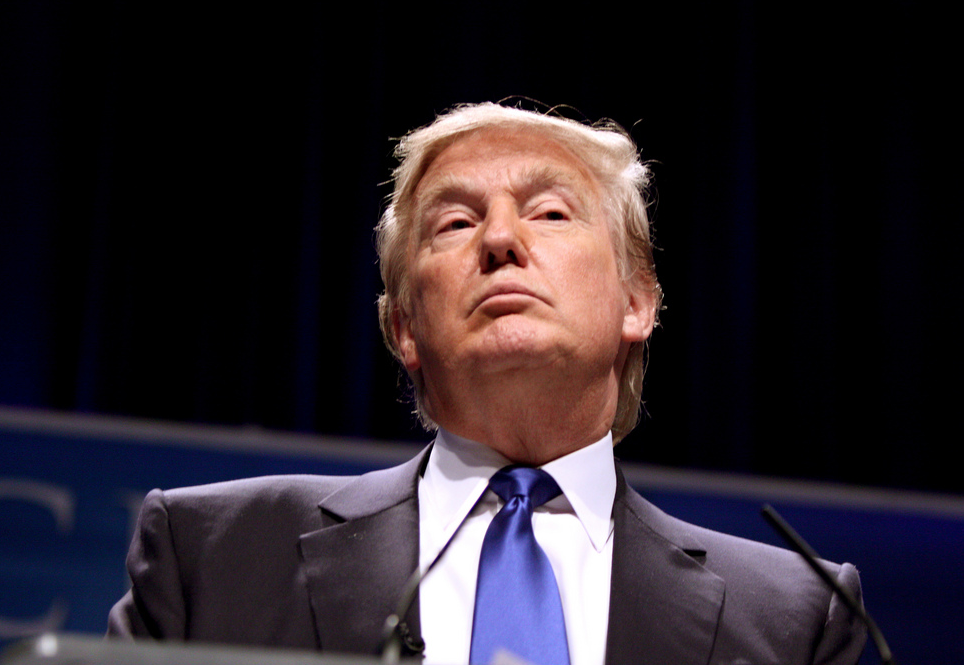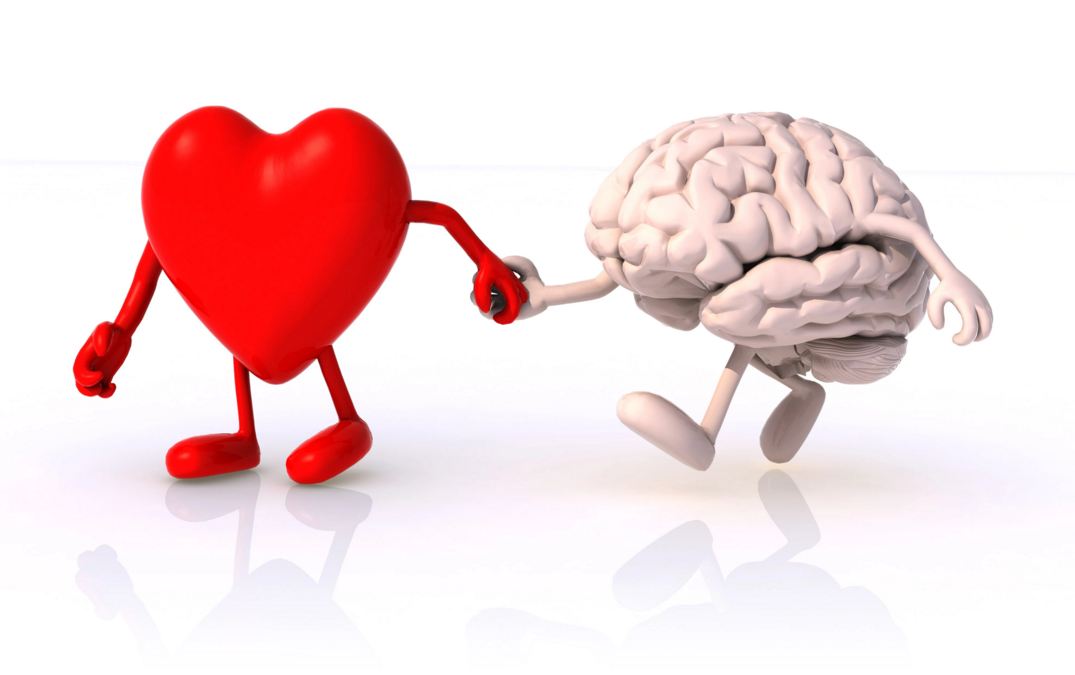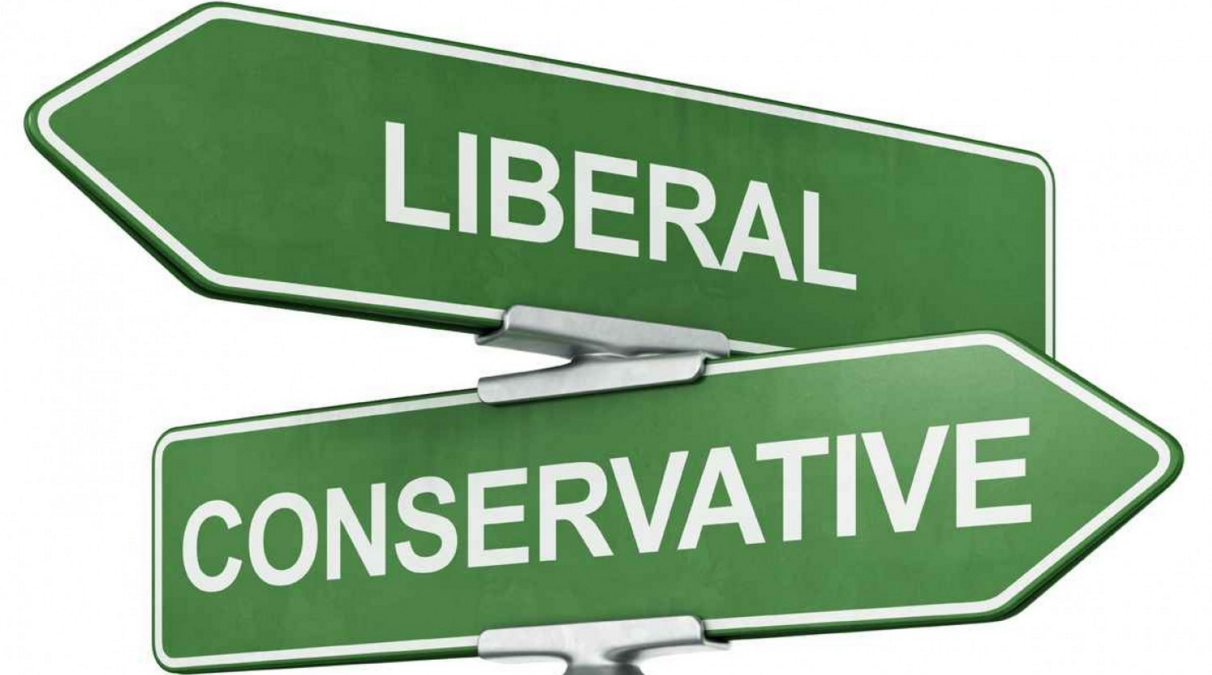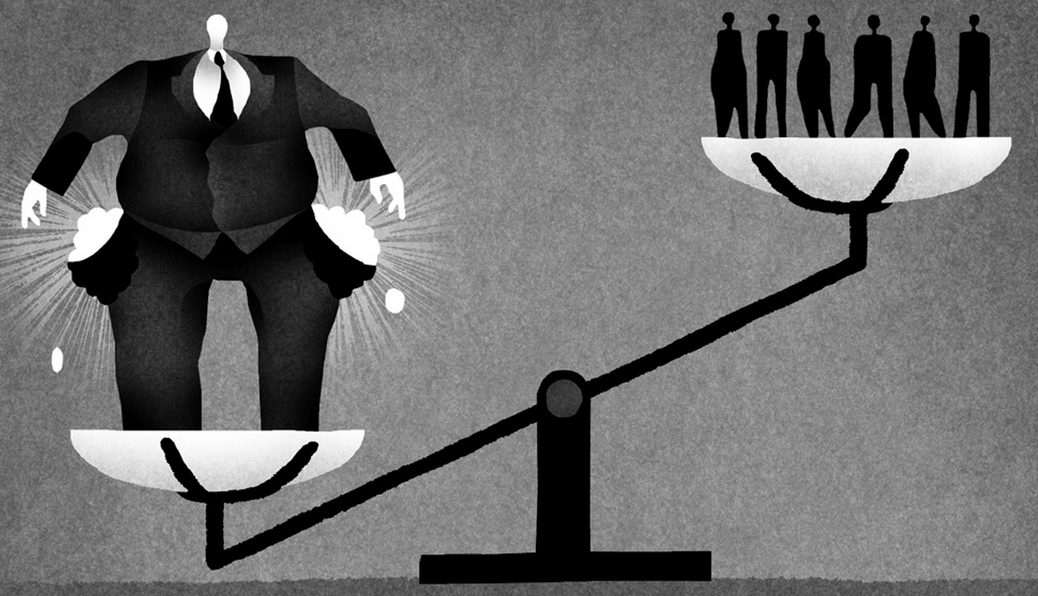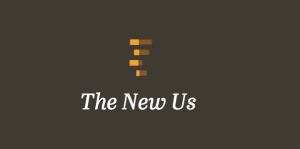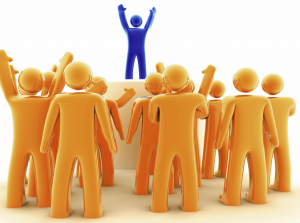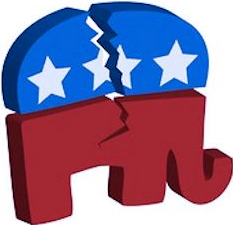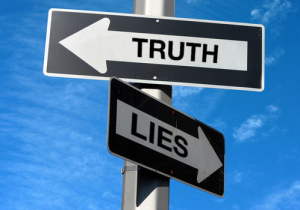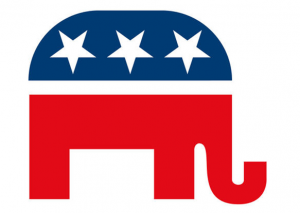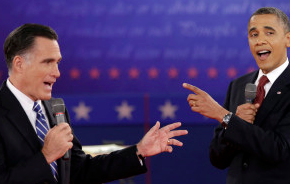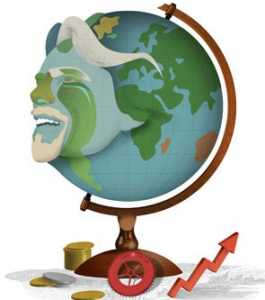By Douglas LaBier • May 14, 2019
A new joint study from Princeton University and Oxford has particular significance for today’s world and for political leadership here in the US. It finds that people can adapt to societal diversity and actually benefit from it. And, those in power especially set the tone for integrating people into a new society.
The researchers underscored that the policies of President Trump speak to those who feel threatened by what they perceive as a changing America. But those insecurities are unwarranted. With time, people can adapt to societal diversity and actually benefit from it. “If you give people who are different from you half a chance, they will integrate into society pretty well. It is when you purposefully push them out, or erect barriers against them, that problems are introduced,” said Douglas Massey, Henry G. Bryant Professor of Sociology and Public Affairs at Princeton’s Woodrow Wilson School of Public and International Affairs. “It’s important for our political leaders to set the right tone, so proper integration can occur.”
The research team examined 22 years of psychological, sociological, and demographic data from multiple waves of the World Values Survey, the European Social Survey, and the Latino Barometer Survey. Together the three datasets included more than 338,000 respondents interviewed in more than 100 countries. The investigators combined various measures of life satisfaction, happiness, and health to create a “quality of life index” for respondents to each survey. Then, they examined the association between this index and religious diversity. Unlike ethnicity and race, which aren’t always collected in surveys and are often measured using divergent categories, religion is well recorded using comparable categories. “Religion is a convenient way to look at the issue of social diversity,” Massey said.





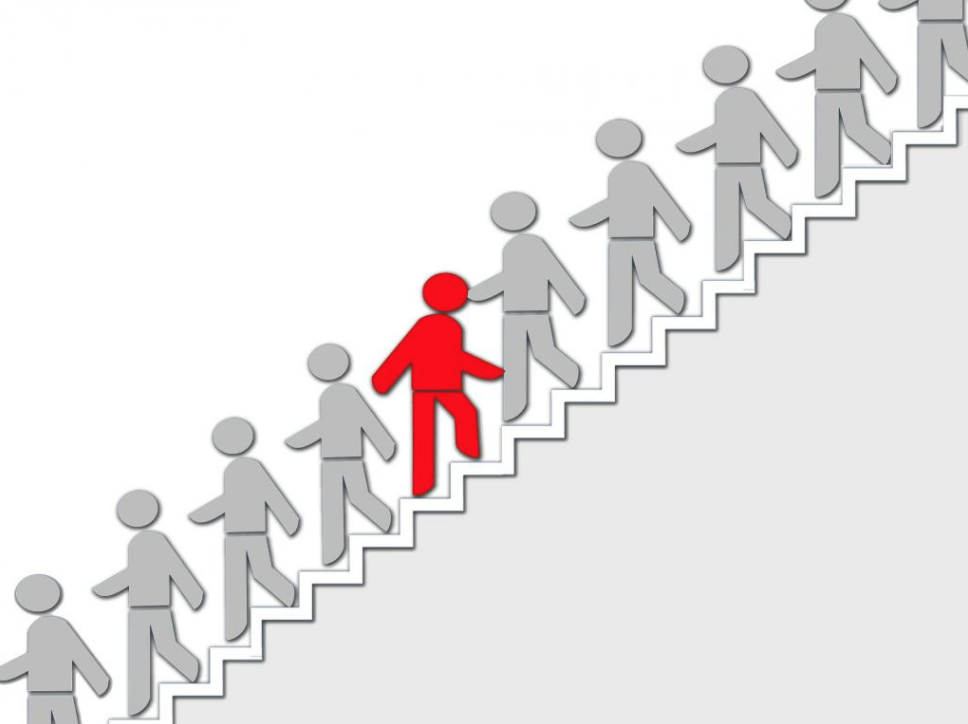


 Part of the Tabula Peutingeriana, a 13th-century copy of an ancient road map, with Rome at center.
Part of the Tabula Peutingeriana, a 13th-century copy of an ancient road map, with Rome at center.

